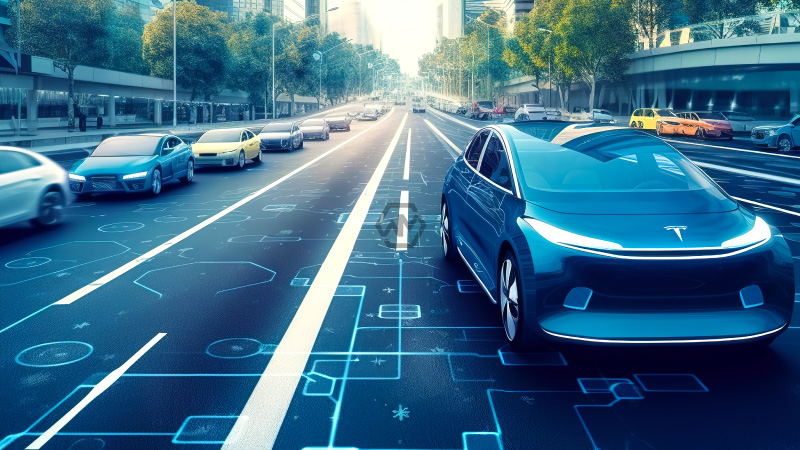- Tesla’s financial future depends on self-driving technology.
- Tesla defended itself against claims that the malfunction of its Autopilot driving assistance system resulted in fatality.
- Tesla has been open about its test drives of Teslas with “Full Self-Driving” technology.
In a significant test of CEO Elon Musk’s claims about the technology, Tesla is prepared to defend itself against claims that the malfunction of its Autopilot driving assistance system resulted in fatality.
Tesla’s financial future depends on self-driving technology, and successes by the company might boost consumer trust and boost sales of the software, which can cost up to US$15,000 ($23,340) per vehicle.
Tesla’s Initial trial
Two trials for Tesla will be followed by additional ones. A civil lawsuit claiming that the Autopilot system was to blame for owner Micah Lee’s Model 3’s sudden 65 mph (104 kph) veer off a highway east of Los Angeles, strike a palm tree, and catch fire in just a few seconds is set to go to trial in a California state court in the middle of September.
The second trial, which will get underway in early October in a Florida state court, stems from a collision that happened in 2019 north of Miami, when owner Stephen Banner’s Model 3 drove under the trailer of an 18-wheeler big rig that had stopped in the middle of the road, ripping off the Tesla’s roof and killing Banner.
Both accidents were blamed on driver error, and Tesla disputed responsibility for them, claiming that Autopilot is secure when controlled by people.
Tesla has been open about his work developing self-driving software, frequently tweeting about his test drives of Teslas with “Full Self-Driving” technology.
Despite consistently missing his own goals, he has long maintained that Tesla would develop self-driving technology. The firm has contended in court documents that Lee drank alcohol before driving and that it is unclear whether Autopilot was turned on at the time of the crash.
Attorneys for Banner also submitted a request in the Florida case, saying that punitive damages were appropriate. The lawyers claim that internal records provided by Tesla and the depositions of numerous of its executives prove that Musk and the engineers were aware of problems but did not address them.



